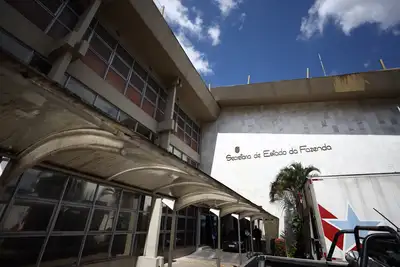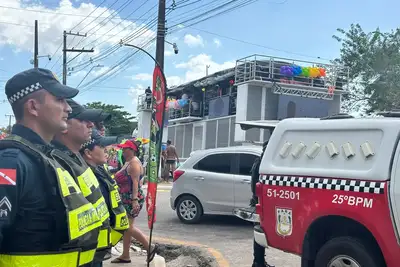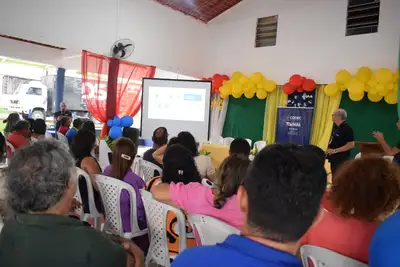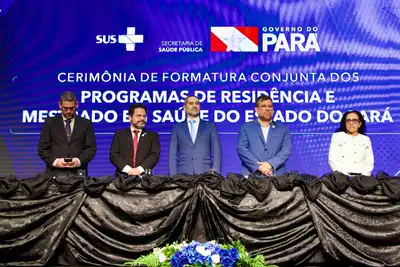Irrigation project in agroforestry systems of Xingu stands out at COP30
Ideflor-Bio's initiative reinforces climate adaptation, income generation, and forest restoration in Amazonian family agriculture
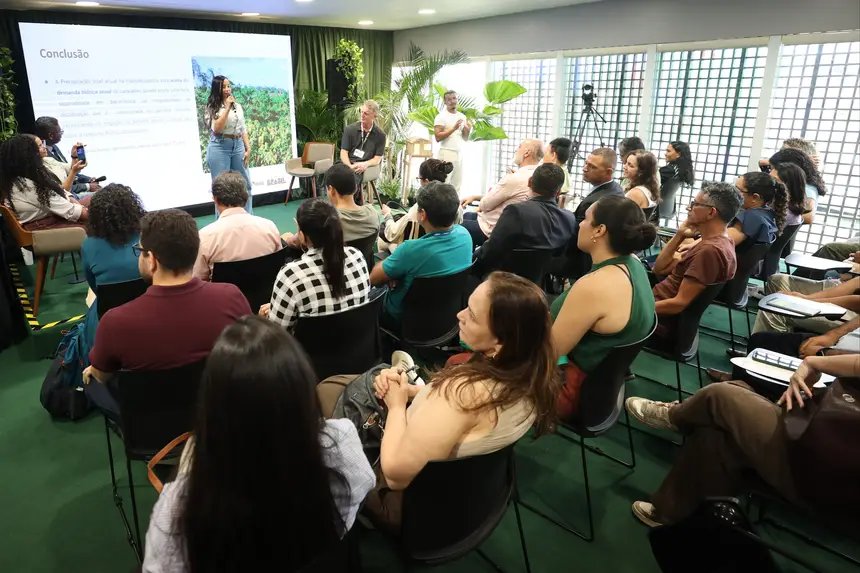
The Government of Pará, through the Institute of Forest Development and Biodiversity (Ideflor-Bio), presented on Thursday (13), during COP30, the irrigation project in agroforestry systems (SAFs) conducted in the Xingu region. The initiative was highlighted as one of the experiences with the greatest socio-environmental impact in the Amazon, integrating climate adaptation, income generation, and environmental recovery.
The presentation took place during the panel "Transformation of Socioeconomic and Climate Realities in Family Agriculture: the PROSAF-Xingu Project and Studies on Irrigation in the Productivity of SAFs with Cocoa and Açaí," held in the official program of the 30th United Nations Conference on Climate Change (COP30) in Belém.
Integration between reforestation, income, and water security
Moderated by environmental analyst Poliana Cardoso, the panel brought together professionals with direct involvement in the region, such as environmental analysts Maria das Chagas and Nayara Dias; the manager of the Xingu Regional Office, Israel Oliveira; and researcher Robert Davenport, a specialist in SAFs in Brazil.

Maria das Chagas presented the history of the Xingu Regional Office and the role of PROSAF-Xingu in the transition of degraded areas to sustainable productive models focused on family agriculture. Nayara Dias highlighted the advances of the socio-bioeconomic experiences conducted by the families served and the importance of continuous technical assistance to maintain the results.
Sustainable public policy model
According to Israel Oliveira, the adoption of irrigation systems strengthens the environmental public policies of the Government of Pará by reconciling productivity, conservation, and climate justice. "The income from an agroforestry system is higher than that of areas with extensive livestock, and this redefines the economic logic of the region. With smaller, yet more productive areas, we achieve greater returns per square meter and encourage strategic forest chains, such as cocoa and açaí," he stated.
He also emphasized that the implementation of irrigation systems has been essential to mitigate the effects of changes in the rainfall regime in the Amazon. "We are facing these challenges with training, delivery of seedlings, and direct support for the installation of systems on properties. COP30 gives visibility to this model, which can be replicated in other territories," he reinforced.
Scientific evidence and real impact
Researcher Robert Davenport presented recent studies showing the increase in productivity and greater resilience of irrigated crops in the face of prolonged drought periods. According to him, the Xingu territory has become a true "living laboratory of socio-environmental innovation," with experiences that combine science, technology, and local knowledge.
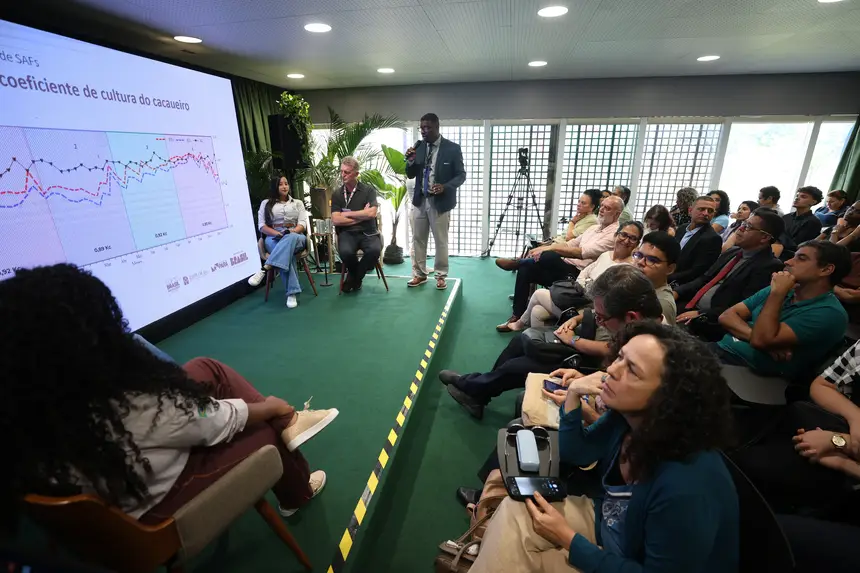
An example cited was the work with the Association of Rural and Urban Producers Carlos Pena Filho (APRUCAPEFI), which brings together farmers benefited by PROSAF-Xingu. Maria das Chagas reported that, before the project's support, families faced difficulties in maintaining production. Today, they work collectively and participate in the recovery of degraded areas, with significant social and environmental gains.
Recognition and perspectives
At the end of the panel, Israel Oliveira highlighted that the project's presence at COP30 reinforces Pará's leadership in building integrated solutions for the Amazon. "The irrigation experience in SAFs in Xingu is now one of the most robust models of reconciliation between economic development, climate justice, and forest conservation. The recognition achieved here paves the way for more investments and for the replication of this policy in other regions of the biome," he concluded.
Text in collaboration with Sinval Farias (Ascom/Ideflor-Bio)



